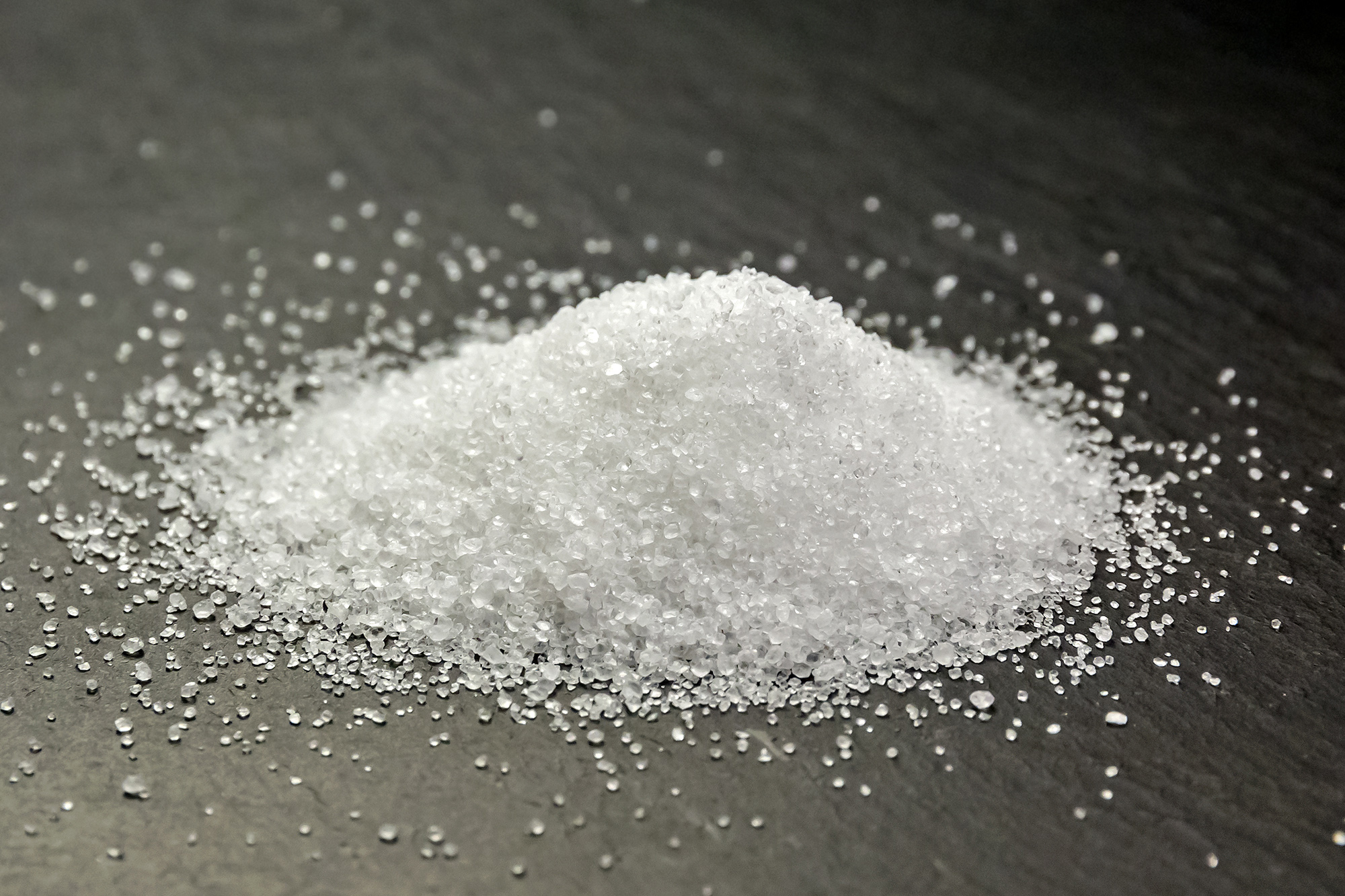
Lauren Dempsey, MS in Biomedicine and Law, RN, FISM News
[elfsight_social_share_buttons id=”1″]
According to new research, a widely used zero-calorie sweetener has been linked to an increased risk of heart attack and stroke.
The research was published earlier this week in Nature Medicine by researchers from the Cleveland Clinic in Ohio where the team evaluated more than 4,000 participants from America and Europe.
Researchers analyzed thousands of cardiac risk assessments and found that circulating levels of erythritol, an artificial sweetener, was associated with having a heart attack or stroke within 3 years. Researchers believe that this is because erythritol can affect blood clotting.
In mice models, erythritol enhanced platelet reactivity, causing clots to form more quickly after an injury when compared to mice that were injected with saline. The researchers also examined blood samples of participants who were given an erythritol-sweetened drink, finding that the sweetener peaked in the bloodstream within a few hours and remained high for two days.
According to the findings, individuals with existing risk factors for heart disease, such as diabetes, were twice as likely to experience a major adverse cardiovascular event if they had the highest levels of erythritol in their blood.
“Sweeteners like erythritol, have rapidly increased in popularity in recent years but there needs to be more in-depth research into their long-term effects,” said senior author Dr. Stanley Hazen chairman of the Department of Cardiovascular & Metabolic Sciences in Lerner Research Institute and co-section head of Preventive Cardiology at Cleveland Clinic.
He added that “Cardiovascular disease builds over time, and heart disease is the leading cause of death globally. We need to make sure the foods we eat aren’t hidden contributors.”
GENERALLY RECOGNIZED AS SAFE
Erythritol is produced industrially and added to food and drinks to sweeten low-calorie, low-carb, and “keto” products. It is advertised as ideal for those with heart disease, diabetes, and individuals trying to lose weight because its sweetness is about 70% of sugar, while having almost zero calories, does not affect blood sugar levels, and can have a wide range of applications.
Erythritol has been generally recognized as safe (GRAS) by the U.S. Food and Drug Administration (FDA) since 1997 and further studies conducted in 2017 on Beagles found “no toxicologically adverse effects were observed at the highest dose tested” and there was no data to “contradict its safe use.”
The FDA does not require long-term safety studies for food additives that are generally recognized as safe, yet Hazen and his team of researchers believe future studies are important in understanding the long-term effects of using artificial sweeteners.
QUESTIONING THE RESEARCH
Despite this research, some organizations believe that the study methods and research results are flawed.
In a press release from the Calorie Control Council (CCC), an international association representing the low- and reduced-calorie food and beverage industry, Executive Director Robert Rankin said these results are “contrary to decades of scientific research showing reduced-calorie sweeteners like erythritol are safe, as evidenced by global regulatory permissions for their use in foods and beverages, and should not be extrapolated to the general population.”
Dr. Keri Peterson, also from CCC, said in a statement that the study had numerous limitations and that the results “do not imply causation” and the “study did not control for risk factors that contribute to heart attack and stroke.” Peterson also stated that the “study population was made up predominantly of subjects who already had underlying risk factors including atherosclerosis, hypertension, diabetes and being male over the age of 60. This is an inherent bias towards developing cardiovascular events and cannot be applied to the general population.”
However, Hazen believes the results are concerning enough to continue research.
“It is important that further safety studies are conducted to examine the long-term effects of artificial sweeteners in general, and erythritol specifically, on risks for heart attack and stroke, particularly in people at higher risk for cardiovascular disease,” Hazen said.
